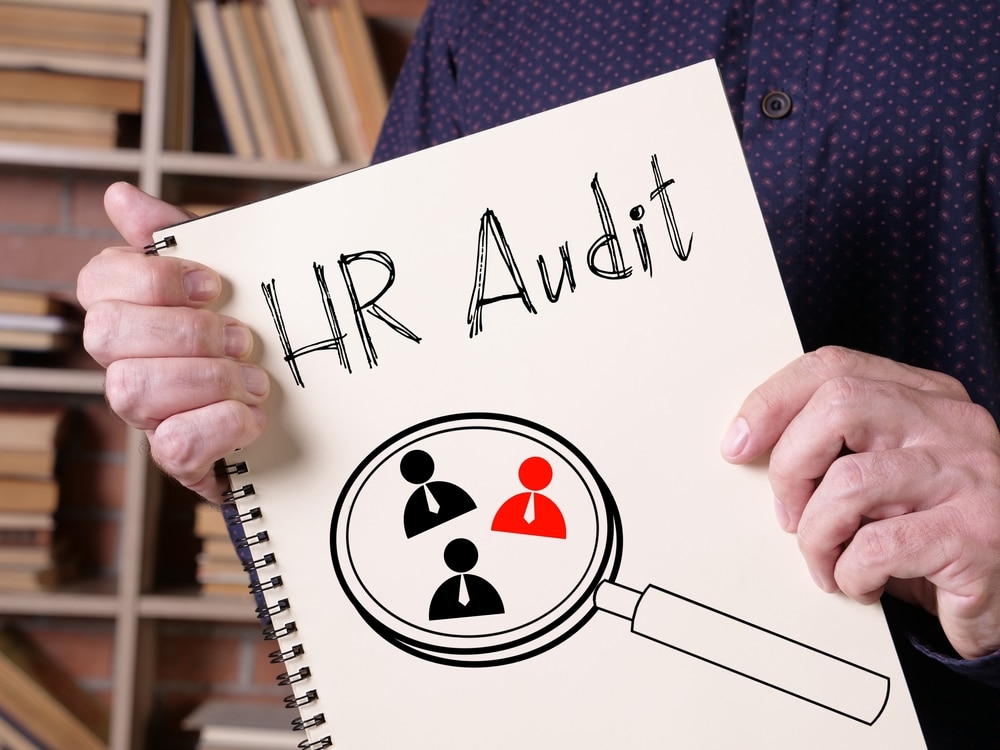Self-assessment is a vital part of running a business, and applies to several different parts of a given company — a great example being human resources. Between compliance regulations, office culture needs and numerous other areas, regularly assessing the performance and practices of a given HR department is very important. One of the best ways to do this is using what’s known as an HR audit.
At WTA Inc, we’re happy to offer a wide range of human resource services to business clients throughout Salt Lake City and nearby areas, with solutions ranging from employer liability management and compliance to recruitment, hiring, payroll and more. What is an HR audit, and what different types are out there? Why should you consider regularly utilizing these for your business? Here’s a simple rundown across this two-part blog series.
HR Audit Basics and Reasoning
As its name implies, an HR audit refers to the process of carefully and deliberately examining different aspects of a company’s HR department in order to get an accurate idea of how it is performing. This can involve everything from looking at compliance issues and employment law concerns to tracking employee benefits usage and getting feedback on things like payroll, job descriptions, hiring processes, employee morale and so much more.
There are several reasons why an HR audit can be useful for businesses. First, it helps to ensure that your company is compliant with all local, state and federal laws and regulations — which is not only important from a legal standpoint, but can also help you avoid penalties, fees and other costly consequences. Additionally, an HR audit can help you to identify any areas where your department may be falling short, and provides actionable steps that can be taken in order to improve things. Finally, it can simply give you greater peace of mind knowing that your HR department is running as smoothly and efficiently as possible.
Different Types of HR Audits
There are several different types of HR audits that businesses can utilize, depending on their nature and several other factors. Here are the most common formats:
- Compliance audit: As mentioned, compliance audits are designed to ensure that a company is adhering to all applicable laws and regulations. This can involve everything from employment law compliance to safety standards and more.
- Strategic audit: A strategic audit is focused on ensuring that an HR department’s goals and objectives are aligned with those of the business as a whole. This type of audit can help to ensure that your company is making the most effective use of its human resources.
- Best practices audit: A best practices audit is designed to help a company identify any areas where its HR department could be improved. This can involve benchmarking against other businesses in your industry, or simply examining different aspects of your department to see where things could be improved.
- Function-specific audit: Finally, a function-specific audit is designed to examine a specific area or function of an HR department. This could involve things like benefits administration, payroll, recruitment, employee training, etc.
In part two of our series, we’ll look at how to decide which kind of audit to perform, when to perform various audits, and what to expect while doing so.
For more on this, or to learn about any of our HR solutions for SLC clients, speak to the team at WTA Inc today.


